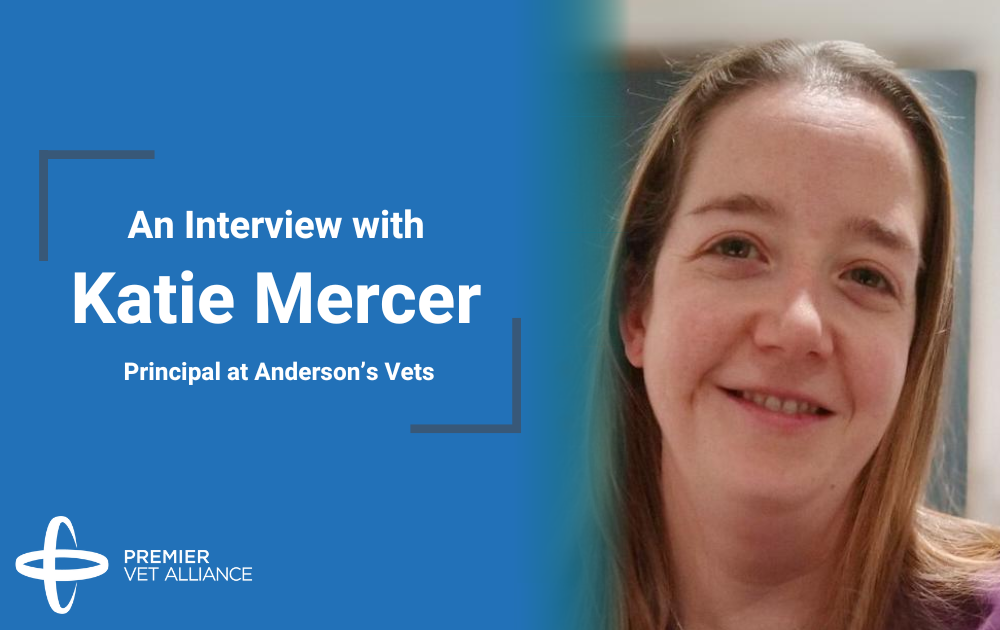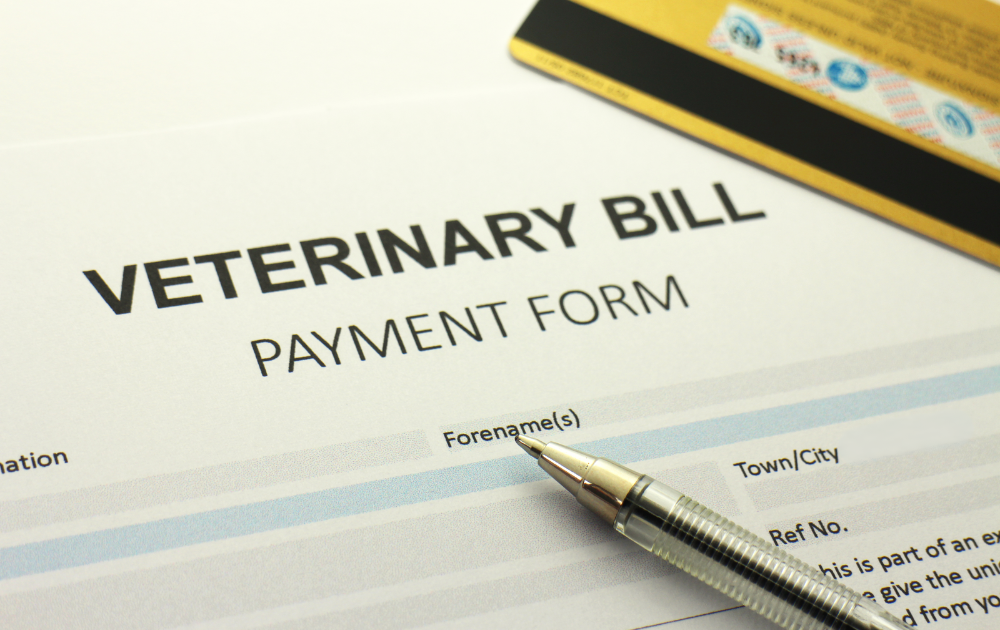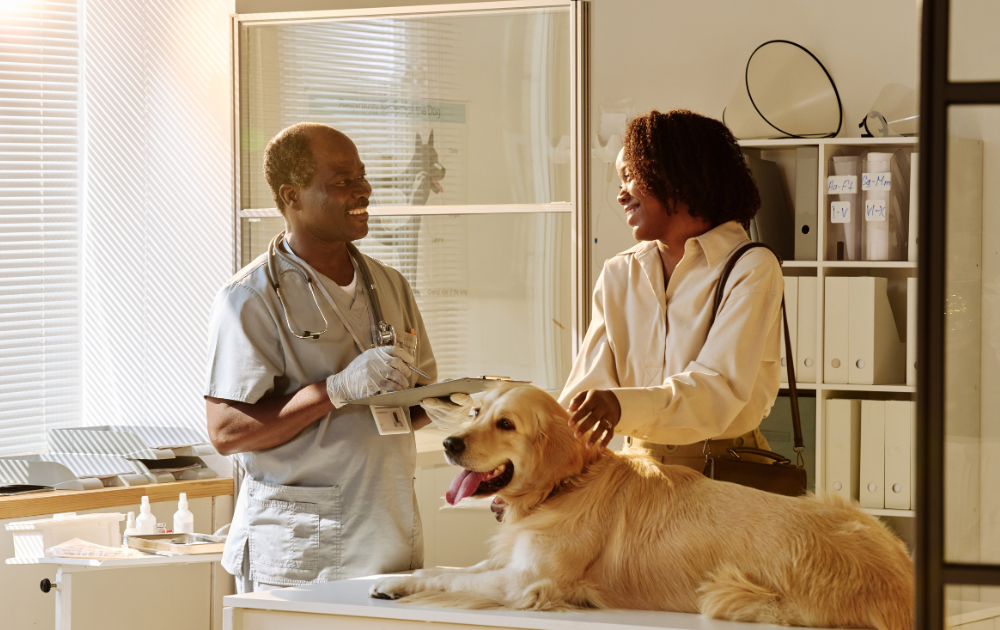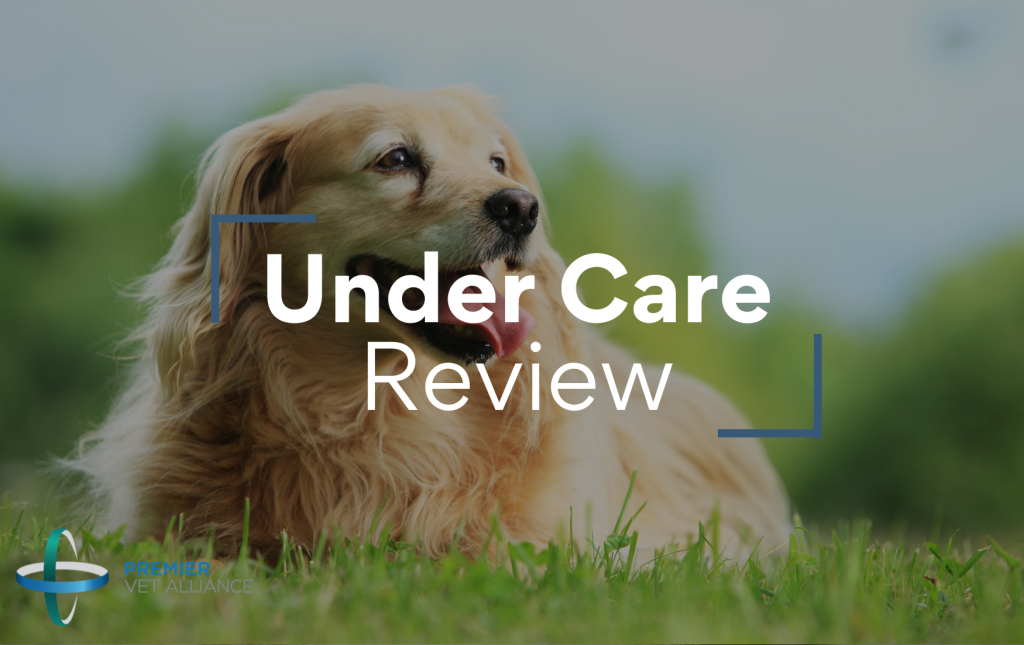7th September 2023
Do pet owners want health plans?

Pet health plans offer a range of benefits to practices including regular fixed revenue, more bonded clients and increased in-practice spending: but do pet owners want health plans? In a cost-of-living crisis with people looking to cut back on costs, you may be wondering whether clients are interested in signing up for another monthly expense.
If pet health plans are seen in a purely financial light, they’re unlikely to succeed. The key to good uptake – and retention – is to focus on their value.
Do pet owners want to spend more? No. But are they willing to if it means providing the best care for their pet? Yes, they are.
So, what do pet owners want? And are you giving it to them?
1. A client-oriented experience
Customer service is vital – and pet health plans help practices to provide a smooth, streamlined experience for clients. From automated reminders to regular check-up appointments where payment isn’t needed, owners appreciate receiving personalised care and feeling valued.

Convenience is key. Subscription services are hugely popular, from meal prep products to flea treatments, due to the time and effort they save consumers. Providing a clear, readily available explanation of how a pet health plan can help your clients is crucial – but personalised advice can be even more beneficial. If your practice offers a home delivery service, for example, this is something to emphasise for busy or mobility-limited clients.
Millennials and Gen-Z expect the same high standard of client-centred care from their vets as they do other businesses. Don’t forget about this particularly important demographic for vet practices, as they constitute a large and growing proportion of pet owners and are more likely to view pets as part of the family and spend more on their care. These clients don’t just want convenience; they want to feel that their vet practice cares.
A pet health plan allows practices to market not just their products, like regular parasite treatments, but also their services and care. Pet health plans can not only increase uptake of routine health checks, and subsequently further diagnostics and treatments, but also make these appointments feel less like a financial transaction, improving client satisfaction.
To find out how PVA can help you, contact our team today.
2. Healthy pets
With over 80% of cat and dog owners reporting their pet’s health is equally or more important to them than their own1, it’s clear that pet owners are committed to caring for their pets.

While finances are often perceived to be a significant barrier to preventative care, outlined in a recent Vet Times poll, a health plan not only enables clients to budget by paying in manageable monthly chunks while reducing the risk of vet bills by protecting their pets from diseases and allergies, it also goes some way to demonstrating clear value, which many sources suggest is the greater barrier against sign up.
An increasing number of owners don’t know what they’re vaccinating against3; owners may read articles about the risks of leptospirosis vaccines, but they’re rarely presented with articles about the risks of leptospirosis itself. Studies indicate that only 54% of dog owners are currently treating for tapeworm5, fewer than 35% of pets have been recently treated with an ‘in date’ flea product6 and 21% of dog owners did not know lungworm could be treated monthly with a veterinary prescription7 Pet owners often don’t see the value of these measures, so are much less likely to sign up to pet health plans or take a proactive approach to their pet’s preventative care.
A survey conducted on behalf of NOAH suggested that vets are the most frequently cited source of pet health advice, but that less than half of owners actively seek out this information4. With vets frequently facing time constraints in consultations, preventative care is something the whole team should promote, with clear explanations of the benefits. Owners who are committed to regular preventative care are far more likely to appreciate the value of a pet health plan.
With increasing evidence of poor response to fipronil based products (the same survey reported roughly half of pets treated with ‘in date’ fipronil products still had fleas), promoting prescription products available on pet health plans is also worthwhile.
3. Cost-effective care

Clients may be willing to spend on their pets – with 85% reporting they would spend “whatever they had to” on their pets’ veterinary care6 – but nobody wants to spend more than they need to. Owners appreciate cost-effective care, so materials outlining the savings that can be made throughout the year can boost engagement. Pet health plans can offer substantial savings if owners are fully engaged, using regular parasite treatments, and attending for
vaccinations and check-ups.
Focusing on the specific aspects of your practice’s unique plan that are most relevant to clients can also help – from puppy plans to geriatric care and everything in between. Owners who can identify a specific benefit are much more likely to want to sign up.
Conclusion
So, do clients want to sign up for a regular monthly expense? No. But do pet owners want health plans?
Yes, they do.
That’s where we come in. At Premier Vet Alliance, we’re passionate about helping you provide the best pet health plan for your clients, with bespoke options tailored to them and to you. We want to help you provide a seamless, hassle-free Pet Health Plan for your clients and for your team! Get in touch today to speak to one of our business coaches about how a health plan could work for you.
For more information about pet health plans, check out our other blogs.
CONTACT US to find out how we can help boost your pet health plan
References
- Ogilvy, Zoetis Animal Health. Zoetis Animal Health Survey. YouGov. Published 2023. Accessed August 24, 2023. https://docs.cdn.yougov.com/yboecs5c4s/YouGov%20-%20Oglivy%20Health%2C%20Zoetis%20Animal%20Health.pdf
- Belshaw Z, Robinson NJ, Dean RS, Brennan ML. Motivators and barriers for dog and cat owners and veterinary surgeons in the United Kingdom to using preventative medicines. Prev Vet Med. 2018;154:95-101. doi:10.1016/j.prevetmed.2018.03.020
- Mo Gannon N. Attitudes of pet owners to preventative health measures. Published online February 2011. Accessed August 24, 2023. https://www.noah.co.uk/wp-content/uploads/2016/03/NOAHpetowner2011.pdf
- Vetoquinol. Sixty-four percent of dog owners don’t think about parasites left behind after picking up their dog’s poo. Improve Veterinary Practice. Published August 2, 2023. Accessed August 24, 2023. https://www.veterinary-practice.com/2023/64-percent-of-dog-owners-dont-think-about-parasites-left-behind-after-picking-up-their-dogs-poo
- Cooper AR, Nixon E, Rose Vineer H, Abdullah S, Newbury H, Wall R. Fleas infesting cats and dogs in Great Britain: spatial distribution of infestation risk and its relation to treatment. Med Vet Entomol. 2020;34(4):452-458. doi:10.1111/mve.12462
- HABRI, Zoetis Animal Health. International Survey of Pet Owners & Veterinarians. HABRI. Accessed August 24, 2023. https://habri.org/international-hab-survey/
- Allister Webb, Vet Times. New plea for action against lungworm. August 25, 2023. https://www.vettimes.co.uk/news/new-plea-for-action-against-lungworm/
 UK
UK  USA
USA  France
France  Netherlands
Netherlands  ROI
ROI  Germany
Germany 














